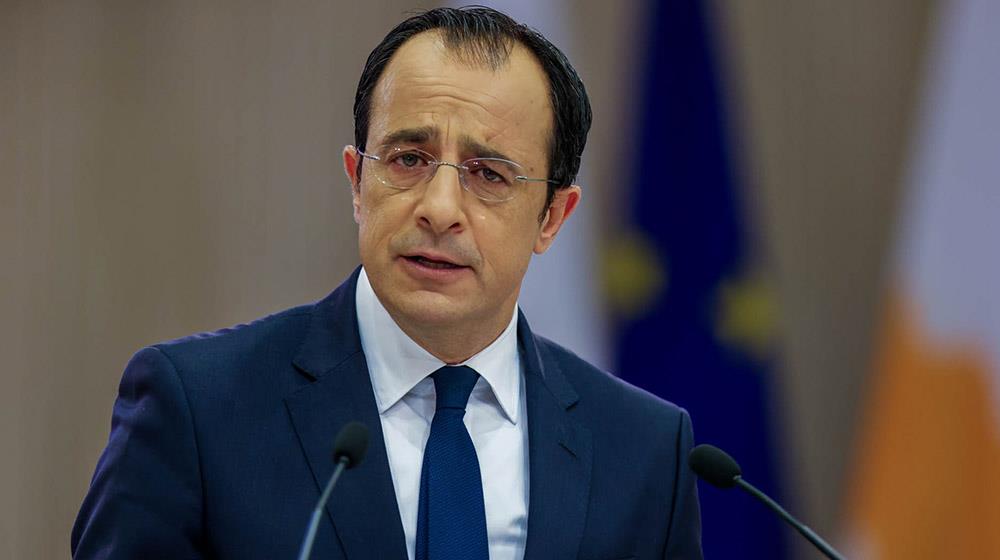Cyprus President Nikos Christodoulides has highlighted the need for targeted social measures, stating that the country should observe fiscal discipline with a view to maintaining a strong economy.
His comments came as political parties call for an extension to the implementation of zero scrapping of excise tax to fuel prices and the continuation of a subsidy on electricity bills which expire on end-June.
“We need to see them in a targeted manner,” the President said replying to questions during a press conference to mark the first 100 days in office, on 20 June.
“Our primary concern is to have a strong economy,” he added, noting that the government will continue with targeted measures evaluating the data.
He did not reveal the government’s intention over the excise tax on fuel and the electricity subsidy. “(The measures) are in force until the end of June, when we get there a decision will be announced,” he said.
Stating that decisions will be taken on the basis of fiscal data, Christodoulides made clear that “we will not deviate from fiscal discipline and on this I am calling for the assistance by the political parties.”
The President of the Republic stressed once more the need for targeted measures “because if you don’t have a robust economy, you cannot implement social measures.”
Replying to a question on foreclosures, Christodoulides acknowledged that there is a problem concerning non-performing loans, pointing out that a special jurisdiction will be created in the District Courts to deal with NPLs of home owners worth up to €350,000 while the government awaits the final decision by the European Commission over the mortgage-to-rent scheme, which aims to provide government assistance to vulnerable home owners to maintain their homes.
Christodoulides underlined however that “a full suspension of foreclosures will help only strategic defaulters which exploit the situation with a view to not paying their obligations.”
“We do not want to protect them (the strategic defaulters), we want to protect our vulnerable fellow citizens,” he said.
(Source: CNA)









